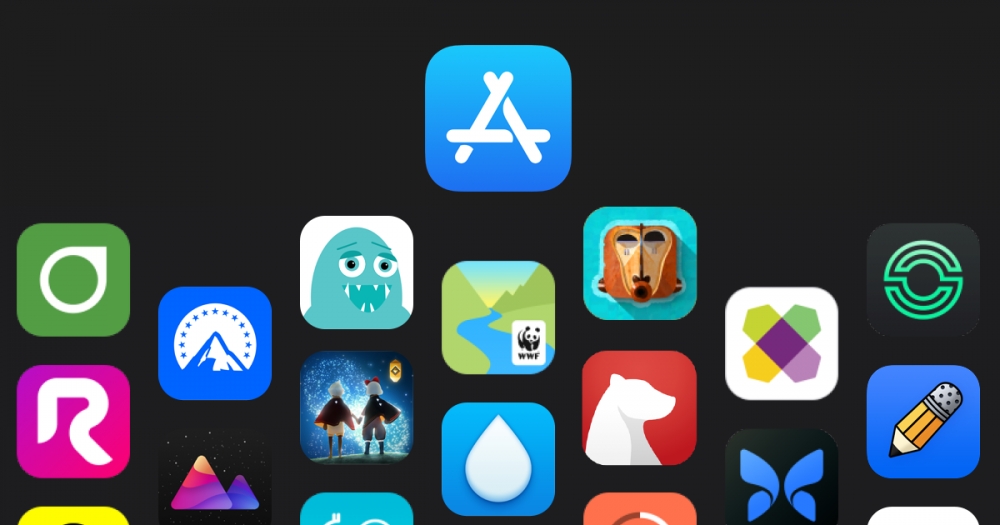How Apple's Ecosystem Creates Seamless User Experiences (And Gets Them Sued)
- Apple's ecosystem, loved for its smooth blend of devices and services, faces global scrutiny over competition fairness.
- Governments worldwide probe Apple's control of its App Store, questioning if it stifles competition and consumer choice.
- Concerns grow that Apple's tight grip on its ecosystem could limit innovation and raise prices.
- Antitrust investigations in the US and Europe may reshape how Apple operates its App Store and interacts with developers.
- The debate over Apple's dominance highlights tensions between convenience for users and fair market practices.
Apple's Integrated Ecosystem: Convenience or Control?
In the realm of technology, few companies have shaped consumer habits and expectations as profoundly as Apple. From the iconic iPhone to the sleek MacBook and the seamless integration of services like iCloud and the App Store, Apple has created an ecosystem that promises a harmonious blend of hardware, software, and services. For many users, this integration is a key selling point, offering a streamlined experience where devices work together effortlessly.
However, this tightly knit ecosystem has not escaped scrutiny. Governments around the world, from the United States to Europe and beyond, have increasingly turned their gaze towards Apple's business practices, raising concerns about competition, consumer choice, and market fairness.
 Image credit: MacRumors Forums
Image credit: MacRumors Forums
The Apple Ecosystem: A Seamless Experience
At the heart of Apple's appeal lies its ecosystem. Whether you're using an iPhone, iPad, Mac, or Apple Watch, the experience is designed to be intuitive and interconnected. You can start an email on your MacBook, continue it on your iPhone, and finish it on your iPad without missing a beat. This level of integration extends to services like iMessage, Apple Music, and iCloud, where data syncs seamlessly across devices.
For consumers, this means convenience and reliability. Apple's hardware and software are designed to work in harmony, offering a user experience that is often praised for its simplicity and elegance. This integration also extends to the App Store, Apple's marketplace for apps, where developers can reach millions of users worldwide.
 Image credit: Apple Inc.
Image credit: Apple Inc.
Government Concerns: The Antitrust Debate
Despite its popularity, Apple's ecosystem has drawn scrutiny from regulators concerned about its impact on competition. Central to this debate are Apple's policies around the App Store, where developers must adhere to strict guidelines and pay a commission on sales and in-app purchases.
Critics argue that Apple's control over the App Store gives it undue influence over the digital economy. Unlike Android, where users can download apps from multiple sources, iOS devices are tightly controlled, with the App Store as the primary gateway. This has led to accusations of monopolistic behavior and anti-competitive practices.
 Image credit: 9to5Mac
Image credit: 9to5Mac
Antitrust Investigations: A Global Response
In response to these concerns, governments worldwide have launched antitrust investigations into Apple's business practices. In the United States, the Department of Justice and several state attorneys general are examining whether Apple's App Store policies stifle competition and harm consumers. Similar investigations are underway in Europe, where regulators are exploring whether Apple's dominance in certain markets, such as music streaming and digital payments, gives it an unfair advantage.
These investigations could have far-reaching implications for Apple and its ecosystem. Potential outcomes range from regulatory fines to mandated changes in how Apple operates its App Store and manages its ecosystem. For consumers, this could mean greater choice in app distribution and potentially lower prices, as competition among developers and platforms intensifies.
 Image credit: MacRumors
Image credit: MacRumors
The Future of Apple's Ecosystem
As Apple continues to innovate and expand its ecosystem, the debate over its market power is likely to intensify. Proponents argue that Apple's integrated approach delivers superior products and services, driving innovation and improving user experiences. Critics, however, contend that Apple's dominance stifles competition and limits consumer choice.
Ultimately, the outcome of these investigations will shape the future of digital markets and the competitive landscape for years to come. Whether Apple's ecosystem remains a closed garden or opens up to greater competition and innovation, one thing is clear: the balance between convenience and control is at the heart of the debate surrounding Apple and its ecosystem.
Recommended by the editors:
Thank you for visiting Apple Scoop! As a dedicated independent news organization, we strive to deliver the latest updates and in-depth journalism on everything Apple. Have insights or thoughts to share? Drop a comment below—our team actively engages with and responds to our community. Return to the home page.Published to Apple Scoop on 25th June, 2024.
No password required
A confirmation request will be delivered to the email address you provide. Once confirmed, your comment will be published. It's as simple as two clicks.
Your email address will not be published publicly. Additionally, we will not send you marketing emails unless you opt-in.